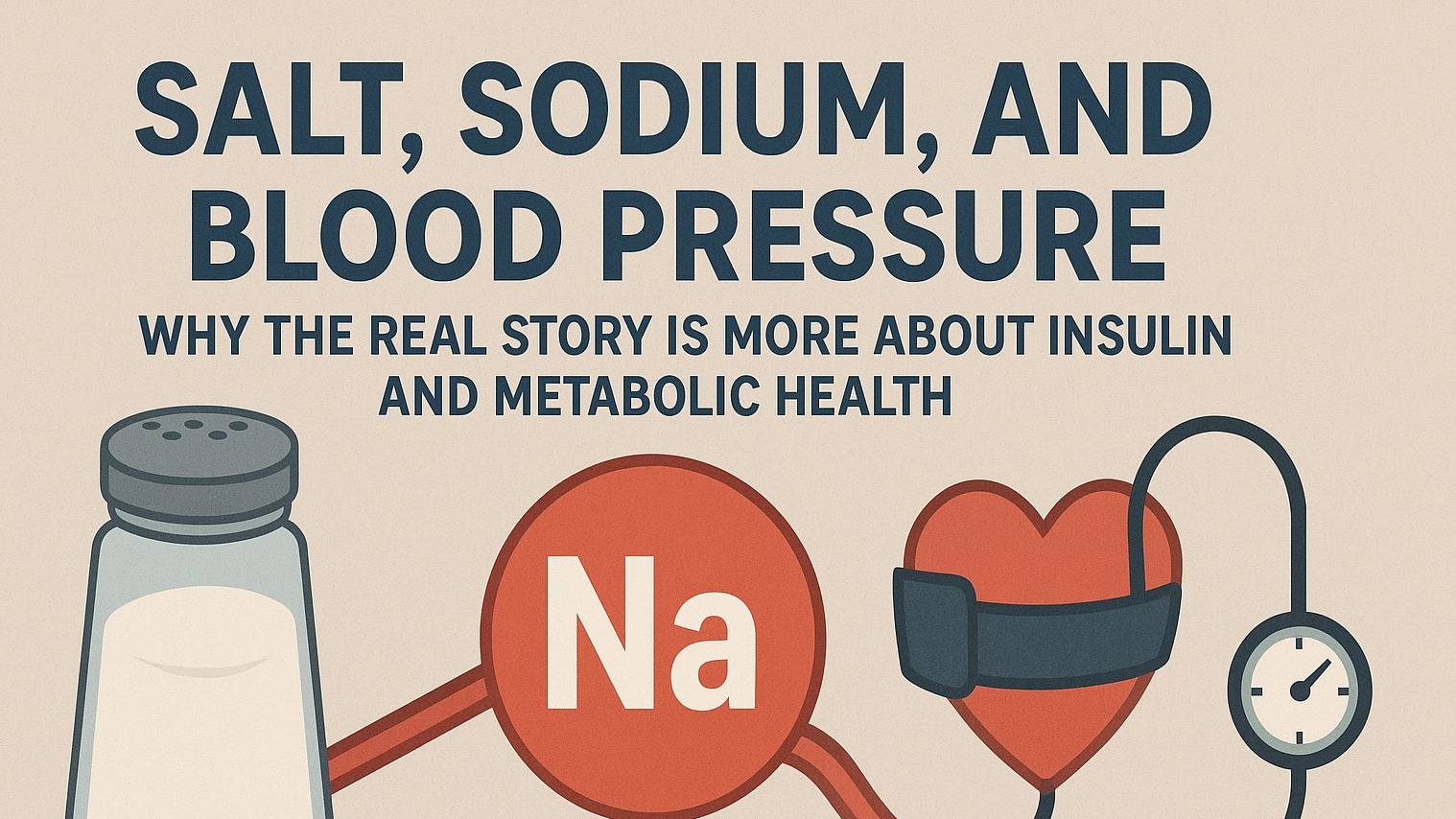
Exercise and diet are key components for weight loss. But one without the
other will only get you so far, because in order to lose weight, you have to
burn more calories than you consume. While you can lose weight without
exercise by reducing your daily calories, you’ll eventually reach the dreaded
weight-loss plateau. And no matter how you slice it, you won’t lose weight
very fast—if at all—if you exercise daily but don’t reduce your calorie intake.
Losing weight—and keeping it off—requires important, long-term lifestyle
changes, and these changes are more difficult for some than they are for
others. A lack of motivation is the biggest obstacle to weight loss for many
people — and if you’re one of them, you’re not alone.
Here are 6 ways to get and stay motivated:
1. Set Realistic Goals
Setting realistic goals—and writing them down—helps you achieve them, and it can lead to better health later in life. There’s a bit of an art to goal-setting, and SMART goals help you do it right. Be flexible with your goals. If you find that you won’t achieve your goal by the time you set out to do it, it’s okay to extend the timeline—or even change your goals.
2. Keep a Weight Loss Journal
Writing in a journal helps you stay connected to your thoughts and emotions around weight loss. You can use a journal to record your food intake and exercise, but the important thing is to write in the journal and reflect on the day to help you move cluttered thoughts, ideas, and emotions from your brain to a physical place to help you clear your mind. A journal is a great way to help you see patterns in your life—maybe you notice that when you get poor sleep, you’re less motivated to work out, or you begin to recognize that when you feel stress, you’re particularly susceptible to binge eating. Keeping a journal helps you stay mindful and motivated.
3. Engage in Positive Self-Talk
Nobody can motivate you like you can. Your thoughts matter—the way you talk to yourself matters. Be gentle and compassionate. If you miss a workout, don’t berate yourself. Instead, say, “It’s okay—things come up. I will commit to exercising tomorrow instead.” If you eat a doughnut, be kind about it: “I can enjoy unhealthy food now and then, because I’m playing a long game.” Turn thoughts like “this is too hard” into “this is so challenging, but I know I’m up for the task.” Avoid saying things like “I should work out today” and “I need to eat better today.” Instead, say, “I want to work out (or eat healthy food) today so I can reach my goals.”
4. Make a Checklist or Calendar
If you’re motivated by lists, checklists, and calendars, set up a physical or virtual calendar or a daily or weekly checklist that corresponds with your SMART goals. Use specific language on your calendar and/or checklist. Instead of “Walk,” write: “Walk for 30 minutes at 3:00 PM” Knowing how great it feels to check it off the list may be all the motivation you need on rough days.
5. Do Activities - and Eat Food - That You Enjoy
Physical activity doesn’t have to be all walking, running, and lifting weights. When it comes to exercise, you have numerous options to choose from—many of which don’t even feel like exercise. Find activities you enjoy, and you’ll be more likely to feel motivated to engage in them. Same with eating food—don’t go on a “diet” where you have to limit yourself to melba toast and salad. Start with a list of foods you like to eat, and then go down the list and make notes about how you can fit them into your diet. For example, if you love rich, creamy pasta dishes, make substitutions that make the dish lower in calories, or have your favorite pasta as a side dish so you’re eating a smaller serving.
6. Find a Weight Loss Coach
A friend or family member who is also on a weight-loss journey can be one
of your biggest allies—and best motivators. Working out with a partner
makes it more fun, makes the time go faster, and makes you feel less alone
in your quest to lose weight. You and your workout partner can help
motivate each other when you’re not feeling it, and you can hold each other
accountable, making you more likely to stick to your workout schedule and
healthy eating plan. Reach out for support. If you have depression or anxiety that makes it hard
to stick with a weight-loss plan, talk to a therapist, who can provide you with
coping tools and help you change negative thought patterns that keep you
mired in negative feelings. If you need help figuring out what to eat, visit
with a registered dietitian. If you don’t know where to start working out, hire
a personal trainer to get you started with a plan that works for you.
 Add Row
Add Row  Add
Add 










Write A Comment